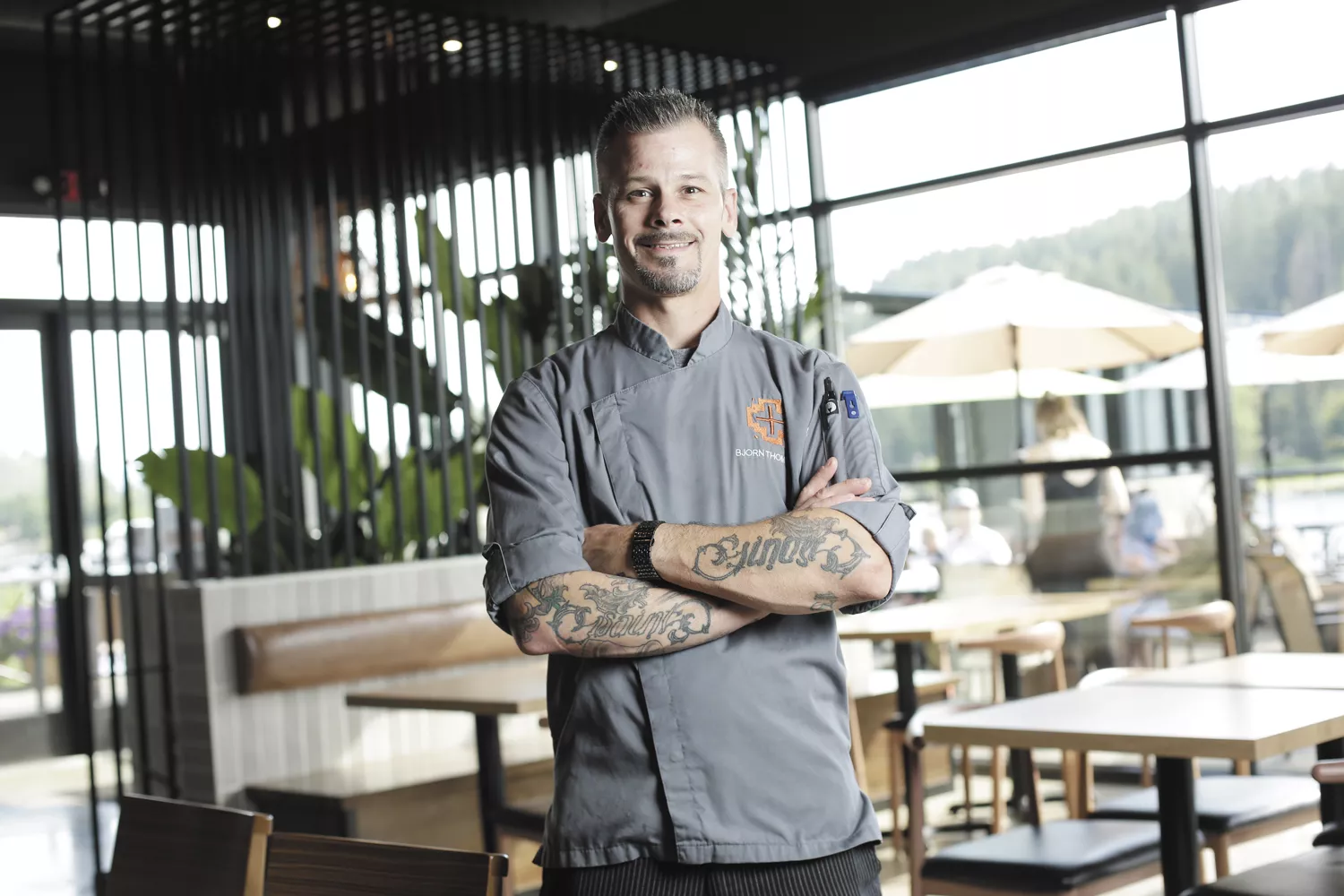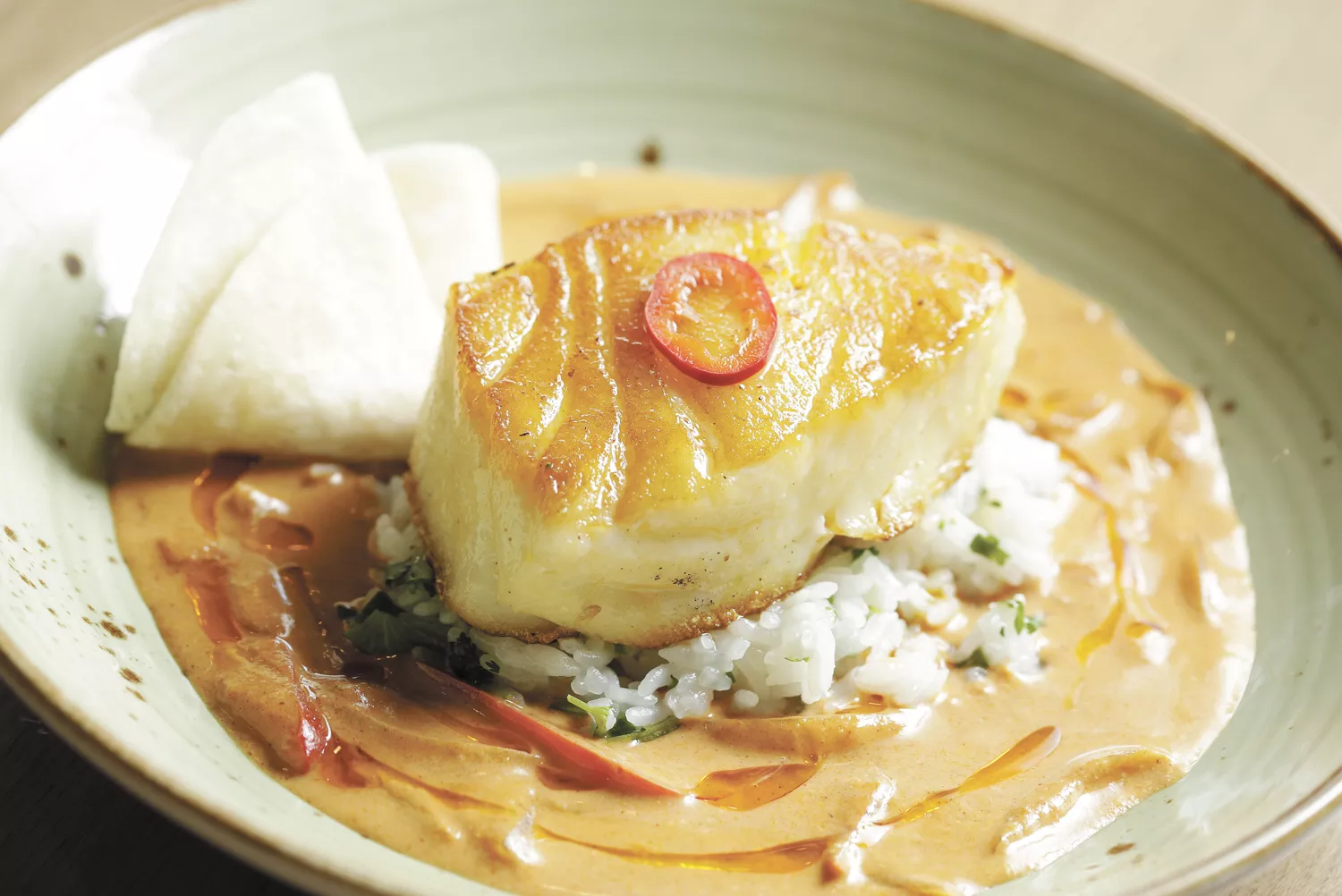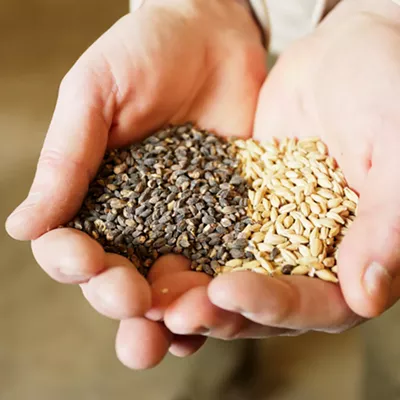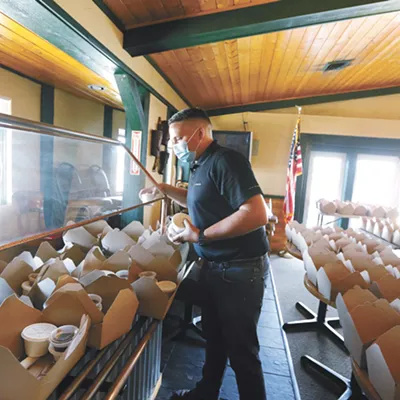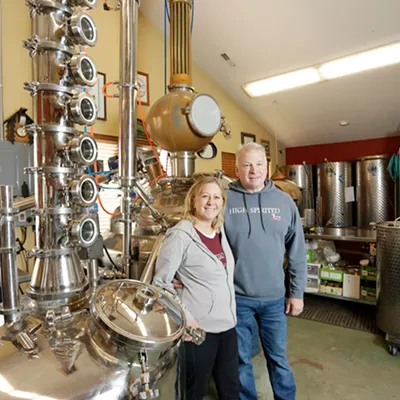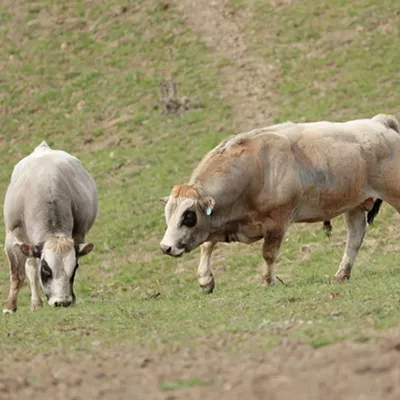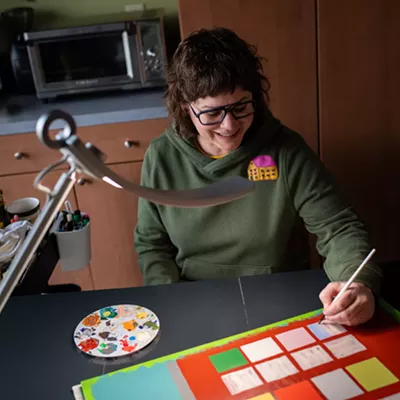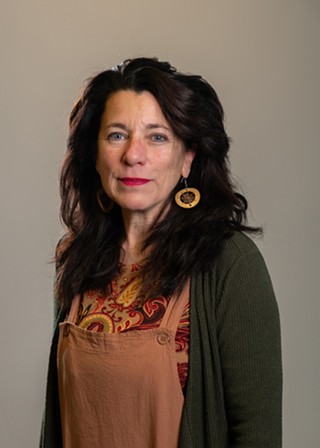Sometimes you realize the thing you most want to do is not the thing you're doing at the moment.
That's what happened to Bjorn Thompson at moments throughout his culinary journey, like after high school when he left the restaurant industry to do construction but discovered it wasn't a good fit. Thompson returned to the kitchen but didn't get serious until his mother nudged him toward Le Cordon Bleu College of Culinary Arts Minneapolis/St. Paul. After graduating from culinary school, Thompson decided Las Vegas was where he could best evolve his culinary talents, so he moved to the Entertainment Capital of the World.
Thompson thrived in Las Vegas, eventually landing a job opening LAVO inside the The Venetian Resort. He then spent five years in various businesses under celebrated chef Wolfgang Puck's considerable umbrella. All told, he made sushi, tended bar and worked in numerous kitchens — French, Italian, Latin, Jamaican — while honing his craft.
Since 2019, Thompson has worked in Idaho, started a family and maintained nine years of sobriety. As executive chef at Terraza Waterfront Café in Coeur d'Alene's Riverstone development, Thompson's unique spin on Latin American cuisine has won fans, including three "Best Of" wins from Inlander readers in 2022. During its debut at Inlander Restaurant Week, Terraza wowed diners with dishes like tequila clams, churrasco steak and arroz con leche flan.
INLANDER: When did you know you wanted to become a chef?
This is an early memory, and I couldn't place it exactly, but probably somewhere between 4 and 5, helping my grandmother make her meatballs and barely being able to reach the counter. I don't know how true this is, but if you ask my parents, they'll say I watched more cooking shows than I did cartoons when I was a kid.
Fast forward into early high school, I started washing dishes at my uncle's restaurant. I left that, worked in a little bit of fast food ... and then kind of just stayed in restaurants because I knew what I was doing.
What's your favorite thing to eat from your own menu?
I love the market fish. I've done everything on [the menu], from raw tuna or seared tuna to octopus to ... cod Veracruz. It's something that we can continually change.
Do you have a favorite indulgence?
Marie Callender's pot pies. It's filling and tasty enough. Throw a little hot sauce on there, [and] the small ones are five minutes, the big ones are nine minutes, and I got dinner.
Favorite kitchen gadget?
A lot of people, they'll say their knives, but for cooking, my most valued thing that I have all the time is a spoon, because you're tasting, stirring, plating, whatever [shows the tattoo of a spoon and a fork on his hands]. I have a fork and a spoon so I can eat with my hands and nobody can say anything.
Where would you travel to for the food? And why?
Argentina or Spain. I've been to Costa Rica. I've been to Mexico, and I've been to Canada. To me, Argentina is an epitome of why I don't like the word "authentic," because there's no such thing. Who's to discern what authentic is? To me, the idea of "authentic" is back when the Incas and Mayans and native tribes of America [existed]. That's authentic and traditional. I respect tradition. But authenticity? I think it's an overused word.
So, with that being said: Spain, because of all the coastal [foods] and all the different areas there and the Basque region or San Sebastian, the French and Spanish border. And then Argentina because of the Spanish and German influence.
What's missing from the Northwest culinary scene?
Modernize it. I think generally speaking — and this may be just previous generations that I have had the experience with — but it's a very meat-and-potatoes area still. And even with the new people moving here, there are a lot that are adventurous with the food, but I guess I come from a skewed perspective of being in Minneapolis, being in New Orleans, being in Vegas, like to where it's a constant competition.
Where do you see yourself in the next five years, 10 years, down the line?
In a perfect world, I get to a point where me and the partners of this restaurant can open two or three more places, to where I can be a little bit more [focused on] oversight and have time to spend with my family. And then eventually open up a place similar to Candle in the Woods [a prix fixe dining venue in Athol, Idaho] to where the other three or four [businesses] support that. Seasonally, nothing sourced outside of 100 miles from here and tasting menus ... all the fun stuff.
What would you be doing if you weren't in the culinary industry?
Probably engineering. I love how things work. I love to take things apart, both mentally and physically, and understand how things work. I was taking [apart] toasters and bicycles and motorcycles when I was a kid and putting them back together. My dad was a mechanical inspector for Clark County in Vegas for years, and as a side project, he fixed his buddies' cars, so I was always learning about engines and stuff when I was a kid. And I just, I love how things work. ♦

